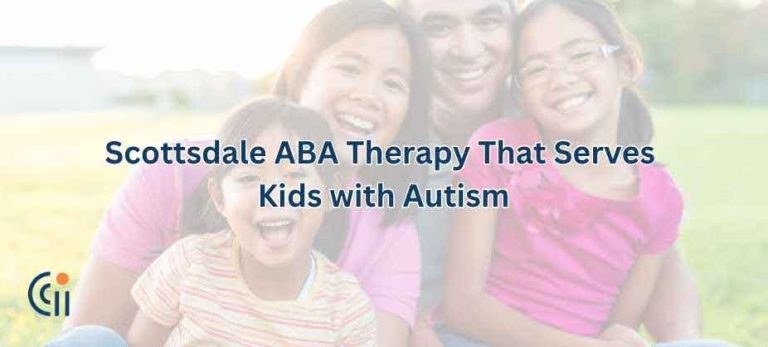Children with autism often face challenges in making friends, joining group activities, or understanding social cues. That’s where social skills training comes in. It’s a big part of ABA therapy and helps children learn how to connect with others.
At Circle City ABA, we work with children to build these important life skills one step at a time. Whether it’s learning to share, take turns, or join a conversation, these skills help create better peer interactions and stronger confidence.
What Is Social Skills Training?
Social skills training teaches kids how to interact with others in a way that feels natural and comfortable. This includes things like:
-
Greeting people
-
Making eye contact
-
Playing games with others
-
Asking for help
-
Understanding emotions
These may sound like simple things, but for a child with autism, they can be tough to learn without support. ABA therapy breaks these skills into small steps, making it easier for the child to learn and practice over time.
Research shows that structured social skills programs can lead to better relationships and more positive behavior in children with autism (White et al., 2007).
Why Autism Socialization Matters
Socializing is about more than just talking. It helps kids feel connected and part of a community. When children with autism learn how to socialize, they feel more confident and less anxious in group settings.
For example:
-
A child who once played alone may start joining a game of tag at recess.
-
Another child might begin asking classmates to play with them.
-
A teen might start using conversation starters to talk to peers.
These everyday wins are a big part of growing up—and social skills training helps make them happen.
How Peer Interactions Build Confidence
Peer interactions are when children spend time with other kids their age. These moments are key to practicing new social skills. ABA therapists often create group settings where children can:
-
Practice turn-taking
-
Play games that require teamwork
-
Talk about feelings
-
Role-play real-life situations
At Circle City ABA, we use natural play-based settings to make these peer interactions feel fun and comfortable. When kids have the chance to try new skills in a safe place, they feel more ready to use them outside of therapy too.
Over time, they build friendships—and those friendships build confidence.
How Circle City ABA Supports Social Growth
Every child is different. That’s why Circle City ABA builds personalized therapy plans to meet each child’s needs. Social skills training is built into the daily routine and based on what motivates each child.
We might:
-
Set up pretend play scenarios with peers
-
Practice greeting others during circle time
-
Use visual supports to help kids understand emotions
-
Cheer them on when they join a group game
We also work closely with families to keep practicing these skills at home, in school, and in the community.
Start ABA Therapy with Circle City ABA
If your child struggles with social skills, we can help. At Circle City ABA, our team creates a safe, fun space where kids can learn how to build relationships and connect with others.
Want to learn more about our ABA services? Contact our admissions team for more information on our services and how we can support you and your child. Find a location near you! We serve Arizona, Georgia, Indiana, Iowa, and Nebraska. We’ll help you take the first step in supporting your child’s social growth.
Let’s work together to build strong skills, lasting friendships, and a brighter future.
Sources:
-
White, S.W., Keonig, K., & Scahill, L. (2007). Social skills development in children with autism spectrum disorders: A review of the intervention research. Journal of Autism and Developmental Disorders.
-
National Autism Center. (2015). National Standards Project: Phase 2.
-
Wong, C., et al. (2015). Evidence-Based Practices for Children, Youth, and Young Adults with Autism Spectrum Disorder.


